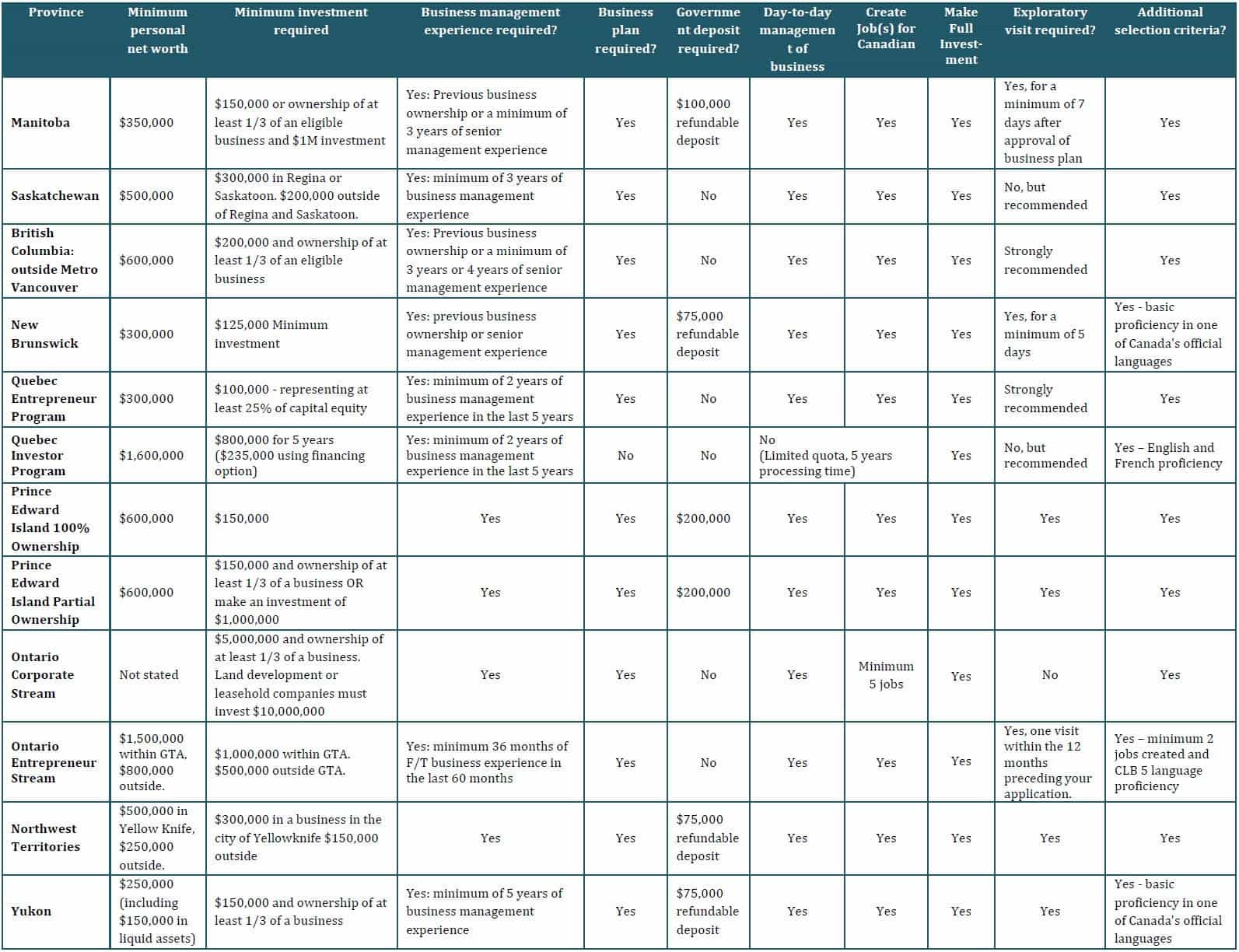CANADIAN RESIDENCY: TEMPORARY AND PERMANENT
If you are wondering how to apply for a temporary residence visa (TRV) or even how to become a Canadian permanent residence, this blog gives you an overview of how to do so.
How to Get a Temporary Resident Visa
Temporary residence visa (TRV) is issued for people coming to visit Canada, including people coming to do business, and must be obtained before arrival into Canada. Any family members coming along are also required to fill out and submit their own application for a TRV.
Requirements and Fees
Some of the conditions in order to be issued your TRV are:
- Proof that you will leave at the end of your stay
- Proof of sufficient finances
- Not intend to work or study unless authorized
- No criminal record
- Not be a risk to Canadian security
- Medical exam (if required)
- Biometrics (if required)
The government fee to apply for the TRV is $100 CDN plus biometrics if needed which cost $85 CDN.
Permanent Residency in Canada
The process can be quick for some and longer for others and can be applied for within or outside of Canada. Usually, permanent residents have resided as temporary residents first (sometimes as workers) before applying for permanent residency.
There are many benefits to permanent residency in Canada. As a Canadian permanent resident, you:
- will have access to the country’s health care system and coverage;
- can legally live, work, and study anywhere in Canada;
- can later apply for citizenship after a certain period of time;
- will be protected under Canadian law and the Canadian Charter of Rights and Freedoms.
The only thing a permanent resident cannot do is vote. For this right, they have to become a citizen.
To find out if you are eligible to apply for Canadian permanent residency, contact us.
How to Obtain Permanent Residency in Canada
There are more than 80 Canadian immigration programs that can lead to permanent residency. They can be divided into three main classes:
- Economic – operates using the Express Entry.
- Family – sponsorship through a family member who is already a Canadian permanent resident or citizen.
- Business – investment-based immigration programs offering permanent residency. Also, for the self-employed, experienced entrepreneurs, and start-up businesses.
You must decide which category best fits you before applying.
Economic-Based Permanent Residency
If you fall under this category, you are a skilled worker who will submit their self-assessed profile online (valid for one year). You will then be entered into a pool where you will get a score using a Comprehensive Ranking System (Canada’s point system) based on different categories of assessment (see above). Those with the highest scores will be invited to apply for permanent residency.
If you receive an official invite, you will have a limited amount of time to complete your application (which includes health and security checks).
Family Visa and the Canadian Spouse Visa Process
For any permanent resident or citizen of Canada wishing to bring their non-Canadian partner to Canada, bear in mind that spouses or common-law partners fall under the family visa sponsorship category. It is essential to keep in mind that there is no Canadian fiancé visa process or sponsorship – instead aim to qualify as a marital or common-law partner.
Canadian permanent residents or citizens can sponsor the following family members:
- Spouse
- Common law partner
- Dependent child
- Orphaned brothers, sisters, nephews, nieces, granddaughters, or grandsons who are under the age of 18 and not married or in a common-law relationship
- Accompanying relatives of the above (e.g., spouse, partner, or dependent children)
- Minimum 18 years of age
- Must not receive social assistance other than disability-specific
- Can cover basic needs for person sponsored
- Biometrics may be required
Some of the requirements to be a sponsor are:
Some of the documents required from the sponsor are:
- Photocopy of permanent residence card or Canadian citizenship card or certificate (both sides)
- Letter from an employer in Canada (including salary details, regular working hours, etc.)
- ID, travel documents, and passport
- Civil status documents
Some of the requirements of the person being sponsored are:
- Certified translations of all documents in English or French
- Proof of relationship to the sponsor
- Police certificate
- Medical exam
- Biometrics may be required
Business Class
The final class operates under federal or provincial immigration programs. Most provincial immigration programs require a two-step process, starting with a work permit first (see above) and you will usually need a medical exam, police certificates, and certified translation of all documents when applying.
The Provincial Nominee Entrepreneur Programs
In this category, applicants are nominated by a province if they meet the program requirements (varies based on province). Typically though, they all require a minimum net worth of 350,000 CDN (263,305 USD) with enough managerial experience. Some of the programs also require a minimum deposit, which is then returned to the applicant once the business has been established. Health and
criminal checks are a standard part of this process too. Participating provinces include:
- British Columbia
- Manitoba
- New Brunswick
- Nova Scotia
- Yukon
- Saskatchewan
- Ontario
- Prince Edward Island
- North West Territories
Canadian Permanent Residence Visa Requirements
Once you have obtained your permanent residence visa, there are specific requirements you must maintain to keep your status in Canada. The residency requirement states that for every five years you must live two of those years in Canada. Otherwise, you risk losing your permanent residency status in Canada. If you do lose your permanent residency status, you can appeal within 60 days.
Are you interested to immigrate to Canada? We’re happy to help those who are dreaming about their future in Canada.


